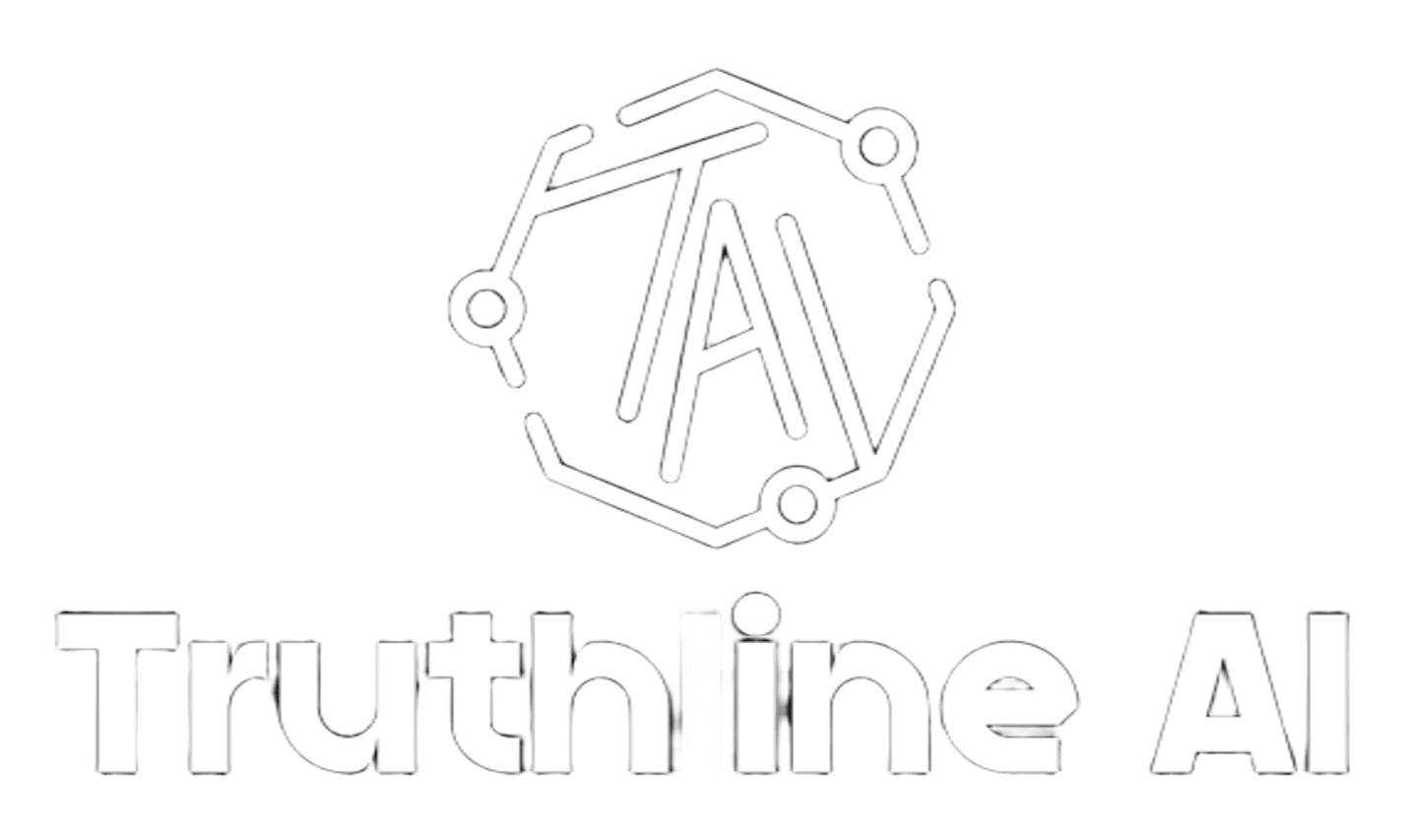Tone
The tone of The Standard on July 31, 2025, is largely critical and investigative, particularly toward government actions and policies. It adopts a disapproving stance on Deputy President Kindiki’s cash handout program, portraying it as wasteful and politically motivated, while also expressing frustration over issues like judicial interference in anti-drug efforts and inadequate teacher salaries. However, the tone shifts to neutral or factual in sections like sports and international news, where reporting is less opinion-driven.
Track
The newspaper tracks a mix of political, social, and economic issues, with a strong focus on governance failures, such as corruption in drug control and misallocation of public funds. It also highlights regional tensions, like Tanzania’s trade restrictions, and global events, such as the Kamchatka earthquake, demonstrating a broad news-gathering approach. Recurring themes include accountability, regional integration, and the impact of policy decisions on ordinary citizens.
Framing
Stories are framed to emphasize accountability and systemic failures, such as portraying Kindiki’s handouts as irresponsible and NACADA’s proposals as urgent solutions to youth drug abuse. The framing often pits government actions against public interest, as seen in the criticism of Tanzania’s trade policies and the handling of teacher salaries. Even sports coverage is framed strategically, focusing on athletes’ ambitions to align with national pride and future opportunities.
Editorial Agenda
The editorial agenda prioritizes exposing governance flaws, advocating for stricter regulations (e.g., on alcohol and tobacco), and pushing for regional cooperation in trade. It aligns with public discontent by spotlighting underfunded sectors like education and health, suggesting a bias toward reformist critiques. The agenda also balances hard news with human-interest angles, such as the refugee rape case, to underscore justice and ethical governance.
Conclusion
The Standard’s July 31 edition serves as a watchdog, scrutinizing leaders while advocating for policy changes and systemic accountability. Its blend of criticism, advocacy, and factual reporting reflects a commitment to holding power to account while informing readers on diverse issues. The paper’s focus on both local and global narratives ensures it remains relevant to a broad audience, though its editorial slant leans toward reform and transparency.
